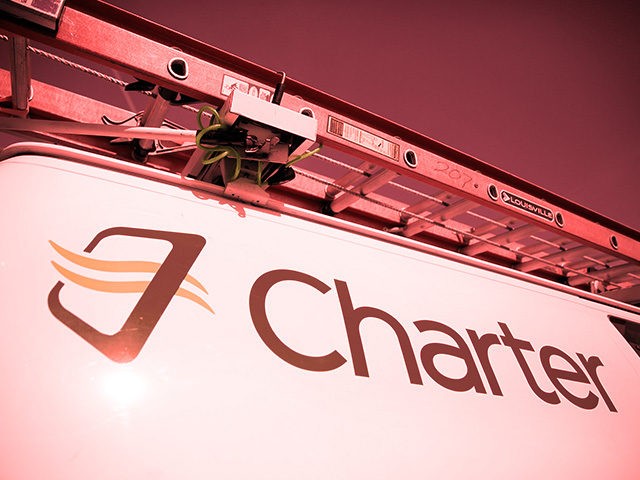Charter Communications, the second largest cable provider in America, posted mixed results in its first-quarter earnings report Tuesday, reporting an increase in income and revenue as the company lost more pay TV subscribers than expected.
Charter — which acquired Time Warner Cable last May — announced net income of $155 million in its report, compared with a net loss of $188 million in the first quarter of 2016. The company’s total revenue was reported to be up 4.1 percent, to $10.16 billion, though some analysts had expected revenue to reach $10.3 billion.
However, the news wasn’t all good, as the cable giant — second in size only to Comcast — reported that residential pay TV subscribers decreased by 100,000 in the first quarter of 2017.
“As we near the first anniversary of the close of our transformative transactions in May of last year, the execution of our integration and operating plan remains on track,” Charter CEO Tom Rutledge said in a statement. “We have now launched our Spectrum pricing and packaging to nearly all of the homes we pass in our new footprint. We are already seeing the benefits of our customer-focused strategy in those markets, including greater connect volumes and the sales of higher quality products, all of which will lead to higher customer satisfaction, lower churn, and faster customer and financial growth in future quarters.”
The company added 428,000 broadband subscribers for the quarter, down from 520,000 a year ago but ahead of analysts’ forecasts; 21.8 million Americans now rely on Charter for their high-speed Internet access, a 6.7 percent increase from a year ago.
While programming expenses rose 8.2 percent and Charter’s competitors continue to expand their streaming service market share, Rutledge says his company can compete by offering better products.
“The story from the programmers and some of the virtual MVPD operators was that this was going to grow the market,” Rutledge says of streaming film and TV services like AT&T’s DirecTV Now and Dish Network’s Sling TV. “If you take a look at the evidence so far, the current [over the top] offerings just seem to be cannibalizing the same satellite providers’ own base. It’s just a shift.”
If there’s value, Rutledge says Charter “has all the rights and all of the technical capabilities and the programming” to offer its consumers a streaming service product that’s “better” than AT&T and Dish Network.
“We haven’t done that because we haven’t seen an opportunity to create new customer relationships out of that that have a high value to us,” Rutledge added. “But we certainly have the capability.”
Follow Jerome Hudson on Twitter @jeromeehudson

COMMENTS
Please let us know if you're having issues with commenting.